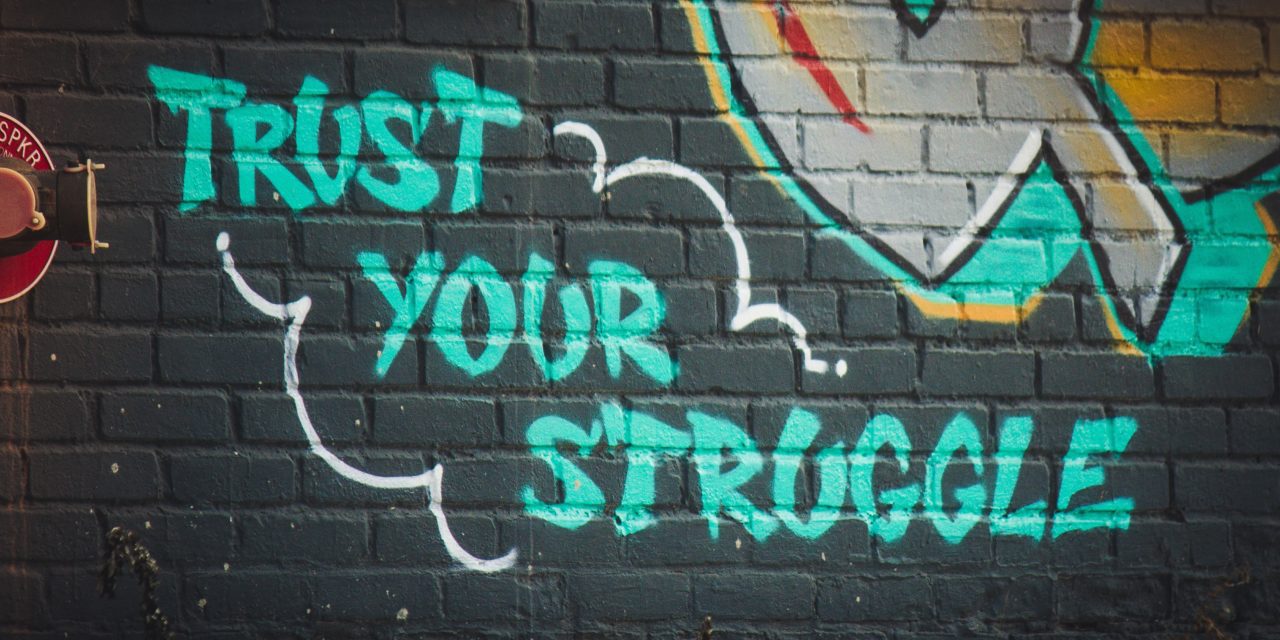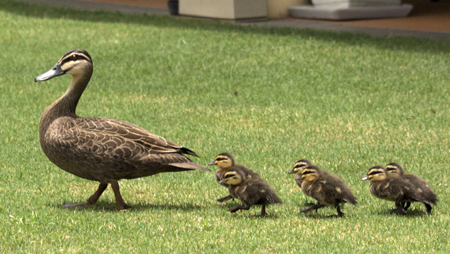This post was co-written by Stacy Anne Allen & Ben Loomer
First, pause and reflect
How has your pedagogy changed over the past 5 years in respect to the National Centre for Truth and Reconciliation’s Calls to Action and education for reconciliation?
Where are you in terms of your personal journey towards allyship?
What are your next steps?
In 2015, the Truth and Reconciliation Commission of Canada released 94 Calls to Action, 4 of which were directly related to education. Over the past 5 years, a lot of work has been put into the development of books, lessons, videos, and workshops to help teachers lead lessons and projects that will help students become active participants in a truth and reconciliation process.
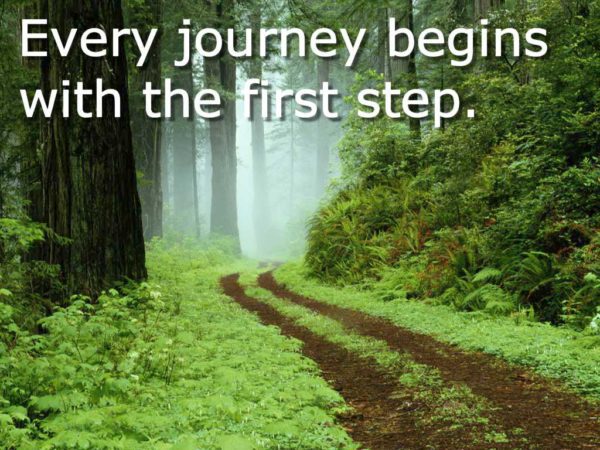
You can find examples of resources on LEARN’s Education for Reconciliation web page. As more resources have proliferated, we’ve been crowdsourcing educational resources in English and French. Some resources that quickly come to mind are The Caring Society, Good Minds : First Nations, Mêtis, Inuit Books, and the NCTR Teaching Resources Collection.
Even with so many great resources available, many educators still feel hesitant to discuss Canada’s colonial history and ongoing injustices entrenched in Canada’s relationship with Indigenous Peoples. Lesson plans, reports, and resources alone do not lead to reconciliation. It is now time for educators to do what they do best: breathe life into these lesson plans and tools and motivate students to become active citizens.
Education is the most powerful weapon which you can use to change the world
– Nelson Mandela
To help more teachers bring Truth and Reconciliation work into the classroom, LEARN is hosting an online Orange Shirt Day event for Elementary and Secondary classes to show what they are learning and share what actions they are taking.
LEARN is also presenting a PD session entitled Education for Reconciliation: Beginning the Journey with Lisa Howell, a teacher, part-time professor and PhD candidate at University of Ottawa with valuable experience on how a non-Indigenous teacher can do this work. The purpose of this session will be to support educators that want to engage in this work but are hesitant to begin or want more support.
Registration information for both sessions is included at the end of this blog post.
Not only is this work important because of personal responsibility, but it is also a professional responsibility. The recently published Reference Framework for Professional Competencies For Teachers presents 13 professional competencies. The first of which states that teachers are expected to act as cultural facilitators when they’re carrying out teaching duties in Quebec. This means, “cast [ing] a critical look at [one’s] own origins and cultural practices, recogniz [ing] their potential and limitations and find [ing] ways to enrich and diversify them” (MEQ, 2021, p.49).
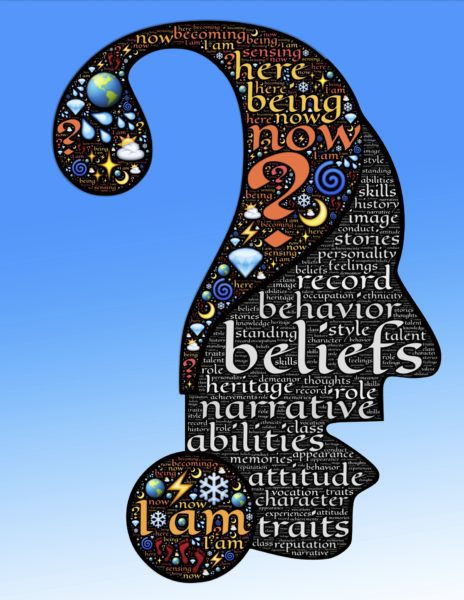
In other words, this work often requires teachers to first explore their ancestral and current role in relation to colonization. Regardless of one’s background, it’s important to remember their professional responsibilities. Educators do not need to be Indigenous to address reconciliation in their classrooms. But, this work does require reflective practitioners who explore their own history and unconscious biases, build relationships with their local Indigenous communities, and who learn about racism embedded in Canadian history alongside their students.
Included as an addendum is Competency 15: Value and promote Indigenous knowledge, worldviews, cultures, and history. This competency document was created through collaboration between the First Nations Education Council (FNEC), Institut Tshakapesh, and the Centre de Développement de la formation et la main-d’oeuvre huron-wendat (CDFM) to further advocate for reconciliation. It shows how educators can integrate Western and Indigenous ways of knowing to create “equitable and inclusive learning spaces” (FNEC, 2020, p.2).
Education has gotten us into this mess, and education will get us out
– Honourable Justice Murray Sinclair to the Senate Committee on Aboriginal Peoples
In an age-appropriate way, now is the time to talk to youth about Canada’s racist and colonial history so they may become informed about past and ongoing injustices. It is important that students and educators learn about Residential Schools, the Sixties Scoop, High Arctic relocations, and other practices that have an ongoing impact on society. Current issues such as access to clean water, affordable housing, and education highlight continued injustices and pathways to take action. Orange Shirt Day organizers use the hashtag #EveryChildMatters as a rallying call to express solidarity that all children now and in the past deserve fair, just and equal opportunity.
At the same time we need to be careful not to engage in stereotypes, cultural appropriation, reproduce trauma or focus on the past events without seeking reliable sources, placing equal emphasis on celebrating accomplishments and successes, and exploring current issues that are also related to the specific societies being studied.
Building Relationships
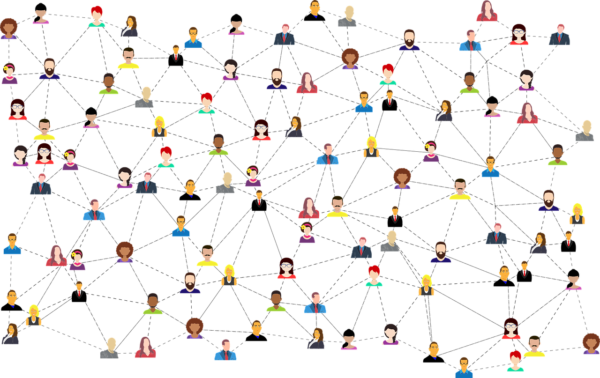
The importance of fostering relationships cannot be understated. In late August, we participated in the Spirit Bear Teacher Professional Learning Summer Retreat. A big takeaway from this retreat was the importance of relationship building and reaching out to local Indigenous communities; teachers and students are encouraged to strengthen their relations, and thereby, knowledge about Indigenous cultures and practices. By building relationships, we learn about others, ourselves, and how to move forward together with respect and understanding. As K. Freeman, S. McDonald, and L. Morcom (2018) write in their article, Truth and Reconciliation in YOUR classroom,
teachers have a responsibility to work with Indigenous people, families, and communities, rather than continuing to work in a system that speaks for Indigenous people, families, and communities – that is, don’t do for, do with
Educators are responsible for teaching lessons in ‘good ways’. Sometimes the best intentions involuntarily reproduce trauma, contain inaccurate truths, and/or engage in cultural appropriation. Even with these precautions, there is an opportunity for us to walk the path of reconciliation.
Speaking for ourselves, we’re still beginning our journey and have been privileged to learn from leaders in the field. We feel the weight of the responsibility to do things the right way. We’re currently trying to build relationships and collaborate in offering ongoing opportunities for teachers, students, and ourselves to learn and act. Please join us.
Next Steps
How will you continue to be an agent of change over this school year and beyond?
How will you lead by example by building relationships and bringing Education for Reconciliation lessons into the classroom?
Want more information and support?
We encourage educators to join LEARN and Lisa Howell, to learn from her research and experience about the role of teachers in empowering students to learn about Truth and Reconciliation and be active in building relationships with local Indigenous communities.
Education for Reconciliation: Beginning the Journey
September 17th from 3 – 4pm | Watch the recording here
Elementary & Secondary Orange Shirt Day
We also invite Elementary and Secondary students and teachers to share what they have learned at our Virtual Orange Shirt Day event. We welcome students to share reflective art pieces they created or examples of writing, such as a land recognition or letter to their Member of Parliament.
Elementary
September 30th from 9:30-10:30am |Registration is closed
Secondary
September 30th from 1:30-2:30pm | Registration is closed
Keep in Touch
Join LEARN’s Ed 4 Rec mailing list to receive our Ed 4 Rec newsletter and updates from our team.
References
Ministère de l’Éducation. (2021). Reference Framework for Professional Competencies For Teachers. Retrieved from: https://cdn-contenu.quebec.ca/cdn-contenu/adm/min/education/publications-adm/devenir-enseignant/reference_framework_professional_competencies_teacher.pdf?1611584651.
Dr. Freeman, K., McDonald, S., and Dr. Morcom, L. (2018). Truth and Reconciliation in YOUR classroom: How to get started and who can help. Retrieved from: https://www.edcan.ca/articles/truth-reconciliation-classroom/.
Photo Credits
Featured image: Trust Your Struggle Graffiti by DJ Johnson: https://unsplash.com/photos/mTH1CZWaX0Q
Journey – First Step by Melody Campbell is licensed under CC BY 2.0 : https://www.flickr.com/photos/melodycampbell/2656648042
Who Am I? by John Hain: https://pixabay.com/illustrations/identity-mask-disguise-mindset-510866/
Building relationships by Gordon Johnson: https://pixabay.com/vectors/social-media-connections-networking-3846597/

